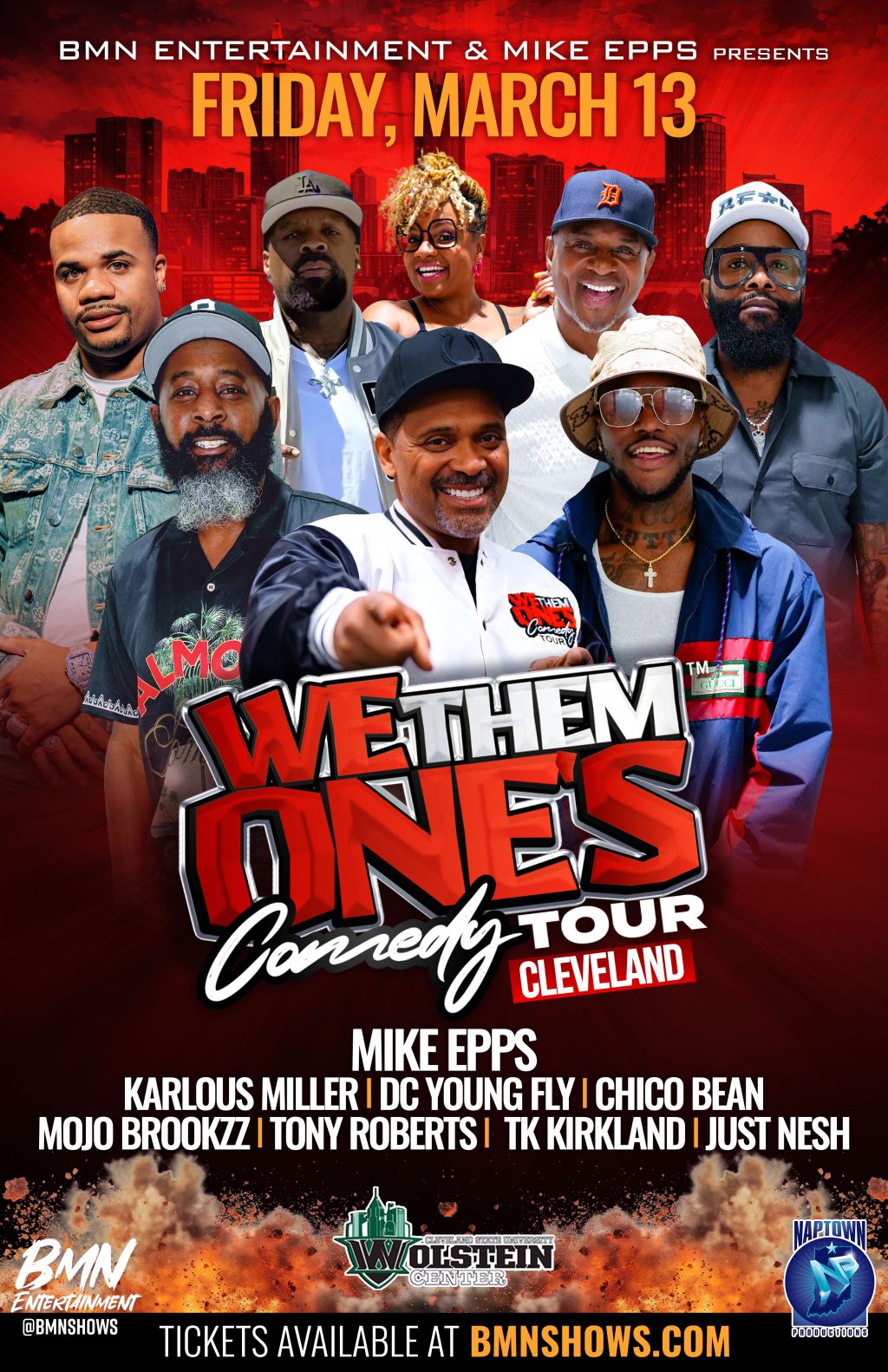Clarence Thomas Says Legal Precedents Aren’t 'The Gospel'
Justice Clarence Thomas Faces Backlash After Saying Legal Precedents Aren’t ‘The Gospel’

Justice Clarence Thomas has once again ignited controversy after sharing his thoughts on the importance of legal precedent cases and how they should be viewed by legal professionals.
In a public appearance at Catholic University’s Columbus School of Law in Washington, D.C. last week, Thomas questioned the authority of longstanding Supreme Court precedents. A little over week before the court begins a new term packed with high-stakes cases, Thomas stated that legal precedents are not “the gospel” before adding that some past rulings amounted to little more than “something somebody dreamt up and others went along with”, after being asked about the factors he considers when deciding whether a past decision was wrong.
Expounding on his thought, Thomas, the Court’s senior conservative, said too many justices have leaned on precedent as a crutch rather than critically engaging with the rulings themselves. At the center of his response was the doctrine of stare decisis, the principle that courts should follow prior rulings to ensure stability in the law.
“At some point we need to think about what we’re doing with stare decisis,” Justice Clarence Thomas said about the legal term that protects stability in the law. “And it’s not some sort of talismanic deal where you can just say ‘stare decisis’ and not think, turn off the brain.”
Using a metaphor to further explain his position, Thomas compared precedent to a train with judges blindly riding along without questioning its direction before adding that while he gives perspective for precedent, he is not going to just go along with “something somebody dreamt up and others went along with.”
“We never go to the front to see who’s driving the train, where is it going. And you could go up there in the engine room, find it’s an orangutan driving the train, but you want to follow that just because it’s a train,” Thomas said. “I don’t think that I have the gospel—that any of these cases that have been decided are the gospel—and I do give perspective to the precedent. But it should… be respectful of our legal tradition, and our country, and our laws, and be based on something, not just something somebody dreamt up and others went along with.”
The conservative justice’s remarks come as the court prepares to review and decide whether to revisit several major, long-standing decisions including Humphrey’s Executor v. United States, a nearly 90-year-old case that restricts a president’s ability to remove members of independent federal agencies without cause. The Court will also weigh in on whether to overturn Thornburg v. Gingles, a 1986 ruling governing how race is considered in redistricting under the Voting Rights Act—both landmark cases that will give more power to the Trump Administration to continue their gutting of democracy if overturned.
The court is also being asked to revisit 2015 landmark ruling in the case of Obergefell v. Hodges, that extended marriage rights to same-sex couples.
Thomas, who has long been an outspoken advocate for revisiting some of the court’s significant landmark opinions, especially those centered on race, has consistently positioned himself as the court’s most aggressive critic of precedent. During the speaking engagement, he also defended the court’s recent willingness to overturn major rulings, including Roe v. Wade, Chevron v. NRDC, and parts of the Voting Rights Act.
“It’s not some sort of automatic deal where you can just say, ‘Stare decisis,’ and then turn off the brain,” Thomas reiterated before referencing rulings in cases like Buck v. Bell, a 1927 decision upholding forced sterilization, as examples of precedent that remained formally intact but were never officially overturned.
“Do we believe that you can go around sterilizing people just because the case has been decided?” Thomas asked.
Thomas’s comments have renewed concerns that the court’s conservative majority is engaged in a broad and deliberate effort to dismantle decades of established legal protections in an attempt to help the Trump administration roll back the hands of time on the rights of marginalized communities. Critics argue that undoing precedents in areas such as reproductive rights, voting rights, and LGBTQ protections could destabilize fundamental principles of American law.
SEE ALSO:
Clarence Thomas Is Shamed Into Revealing How Billionaire Harlan Crow Bought Him Off
Clarence Thomas Avoids Federal Ethics Probe
Senators Ask AG To Criminally Investigate Clarence Thomas
Justice Clarence Thomas Faces Backlash After Saying Legal Precedents Aren’t ‘The Gospel’ was originally published on newsone.com













